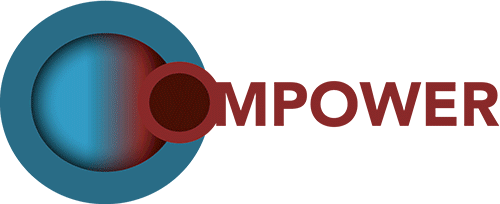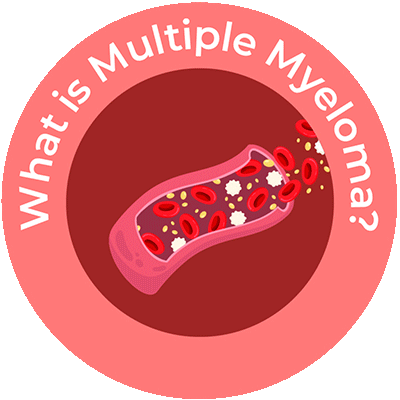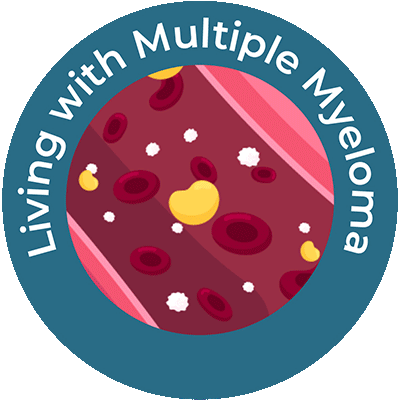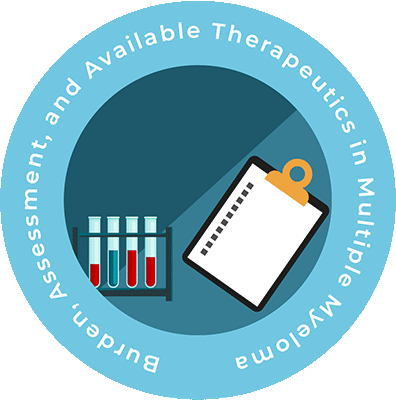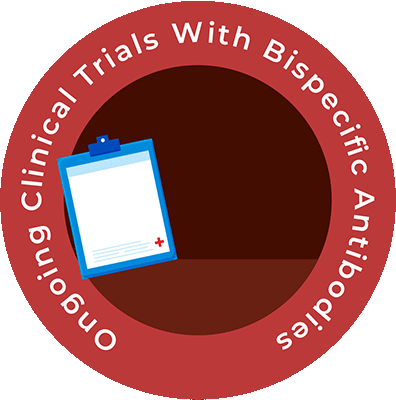This activity is provided by Med Learning Group.
This activity is supported by an independent medical education grant from Regeneron Pharmaceuticals, Inc.
Copyright © 2024 Med Learning Group. Built by Divigner. All Rights Reserved.
What is Multiple Myeloma?
Multiple myeloma is cancer of plasma cells. These cells are a type of white blood cells that originate in bone marrow. In the body, plasma cells have an important role in producing antibodies to defend against infections.1-3
When plasma cells grow in an uncontrolled way, which can occur in multiple myeloma, they suppress the growth of other bone marrow cells. This can lead to multiple other conditions, including anemia, bleeding disorders, infections, and bone lesions. In most patients with multiple myeloma, plasma cells produce an abnormal non-functional type of antibody called monoclonal protein, which may contribute to disease progression.3
